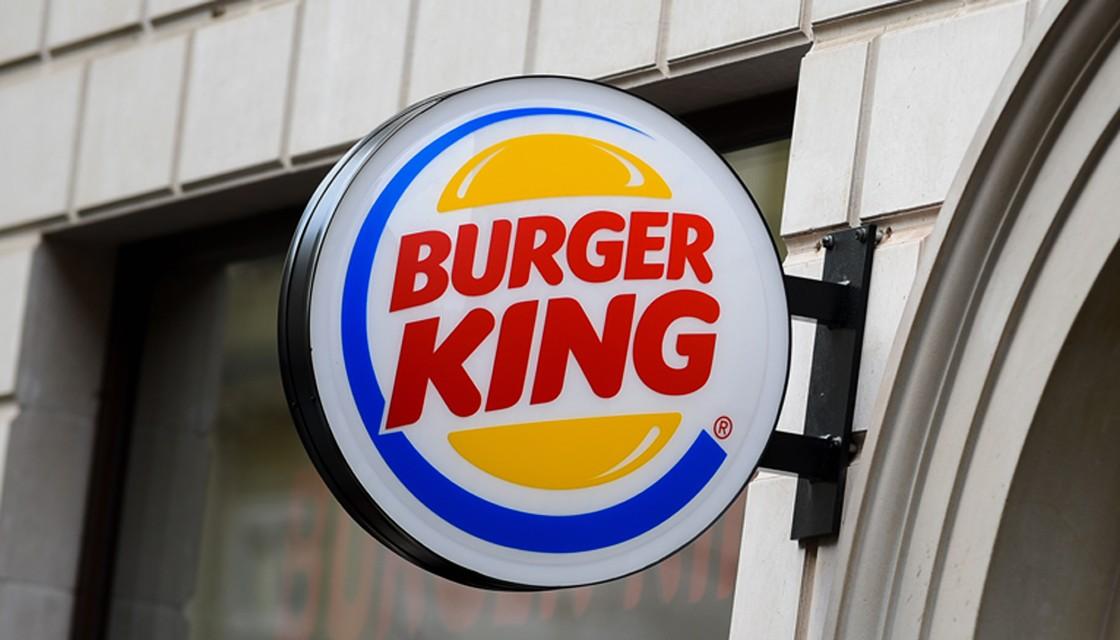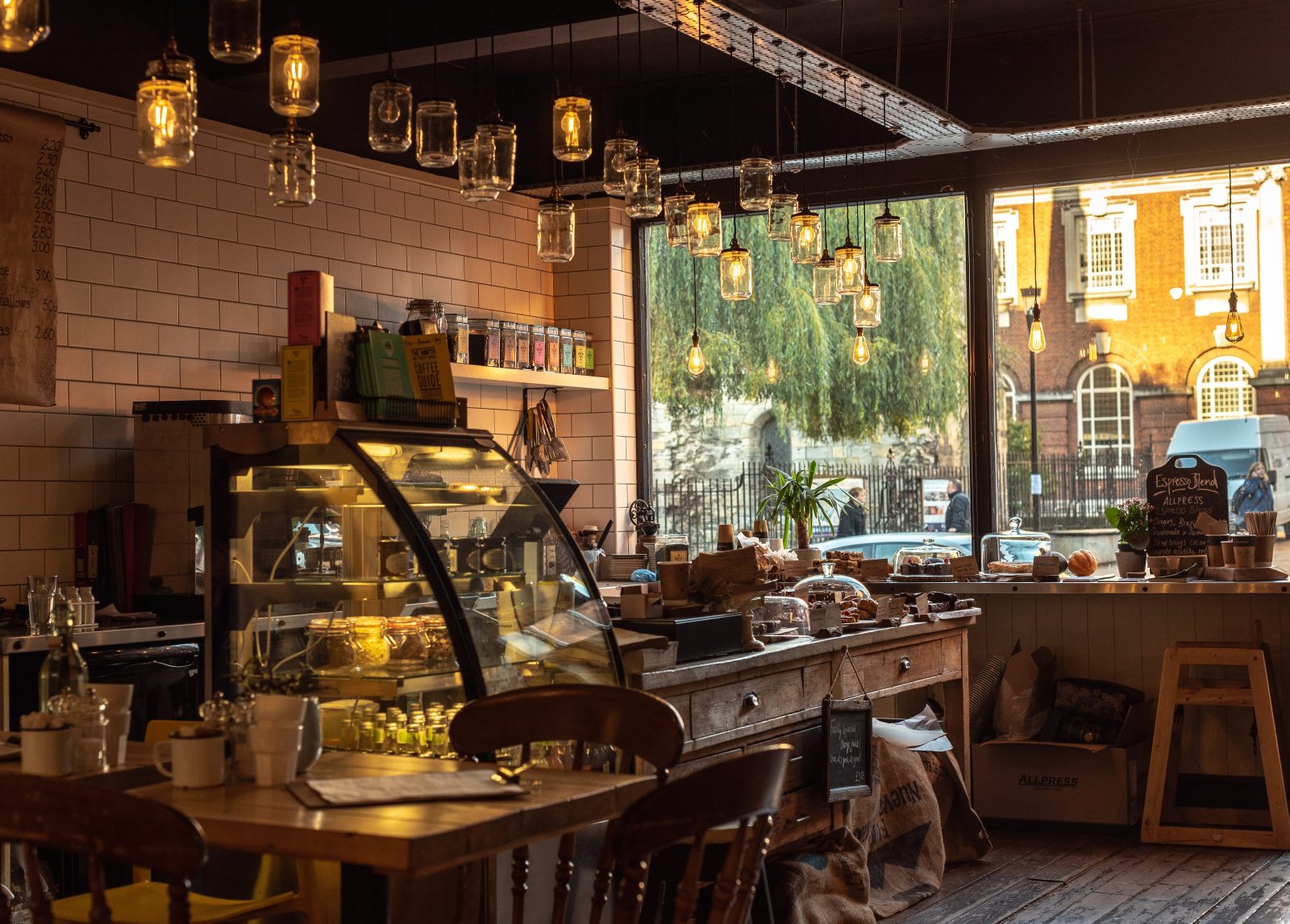Table of Contents
I neither support nor condemn the government’s decision to put the country into lockdown to reduce the ravages of COVID-19. There are arguments both ways; either we sacrifice the lives of older and infirm people for the sake of a healthy economy, or we do everything we can to protect our vulnerable, even if the cost is huge damage to the economy and massive government debt. The government has gone for the latter option, and we do not know what the alternative might have looked like. Once we were on the same trajectory as Italy, with the prospect of thousands of deaths and a completely overwhelmed health service. With the benefit of better weather and of seeing what was happening elsewhere, we have avoided that outcome… for now at least.
But now that we are on the brink of loosening the restrictions, having had relatively few cases and very few deaths, we have to look at the economic outlook. What will life under alert Level 3 look like?
Firstly, tradespeople will be let loose. This means that construction work can recommence. Construction is a very important part of our economy and is often the bellwether industry for economic conditions. If construction survives, the economic fallout may not be too bad. Huge swathes of industries, such as material suppliers, related trades, parts and tool suppliers, manufacturers and maintenance workers of heavy machinery, paint suppliers and contractors, plumbers, electricians, engineers, designers, architects, property managers… are related to the construction industry. All of these industries will get a boost once the hammers start swinging again. Many of these workers will be able to observe the social distancing rules fairly easily, so there should not be much risk of further outbreaks of the virus.
Then there are the professionals; the accountants, lawyers, consultants, online trainers and advisors, many of whom have been working from home anyway. Some will return to the office with social distancing rules in place; some will continue to work from home.
During the lockdown, contact tracing has proved to be an invaluable tool in identifying the sources of the virus, and most businesses will be required to keep track of people coming into their workspaces. This was unthinkable a month ago, but is quite possible now. We have come to realise the importance of contact tracing if we are to stamp out any flare-ups of the virus.
But large swathes of the economy will remain in lockdown during Level 3. Bars, restaurants, cafes, hairdressers, beauty salons and hotels will not be open. Sports will still be banned. Travel will still be severely restricted, and so the tourist industry, already in tatters, will have to wait longer before it can try to get going again. Regional airlines are waiting with bated breath to see if the government is going to give them some assistance, as they will still not be operating at Level 3. Advertisers are tightening their belts, as their revenues are down sharply. Some of these businesses will never recover. Expect to see a few more familiar names falling over soon. Many businesses will just not be able to tolerate an extensive lockdown period.

Takeaways will be allowed, with restricted movements, and some cafes and restaurants are going to try providing takeout services, but this will have limited success. Most restaurants make their money from the extras that diners pay for, such as drinks, alcohol, corkage, coffee, extra courses and service charges. No one is going to order a 3-course meal with bread dipped in olive oil, a bottle of Pinot Noir and coffee with after-dinner mints via takeout. Most restaurants will not be able to survive on single course deliveries, although many will give it a go. They may have to. Cafes may be allowed to do takeaway coffees, but normally, they sell more than just coffee, and it will be hard to get their income up to pre-lockdown levels until they can open as normal. We go to cafes for coffee and muffins with friends, or lunch with work colleagues. How will that work under Level 3?

Retail outlets will still not be back to normal, although most will be allowed to sell online. Again, this will result in severely reduced trading. There will be no buy-it-because-you-see-it shopping, which is a huge part of retail success, and the extra cost of freight will discourage many people. Construction workers might be back, but will they be able to get hold of materials? Will Mitre 10, Placemakers and Bunnings be supplying the industry? I assume so, but that has not been confirmed.
So we need to have real concerns for those businesses that cannot open during Level 3. Businesses that have dedicated databases, such as hairdressers and motor mechanics, will hopefully survive, so long as the length of lockdown does not force them into oblivion. I am not sure about the more ‘disposable’ businesses, such as beauty salons, personal trainers, interior designers or massage therapists.

Schools are hotbeds of disease at the best of times, but as parents go back to work, schools will have to reopen. There are several reasons for this, and it is not just the virus. In some areas, the government wants to bring kids out of abusive homes, so they can be fed and monitored. It may reduce schools to the level of babysitters, but for the welfare of some of our most vulnerable children, it needs to be done.
My concern is for those businesses that will still be under lockdown under Level 3, and these are mostly those where face to face contact is required. No one wants to put people at risk, but the evidence now is that community spread is very low. The question that has been asked throughout the lockdown is more pertinent than ever; is it worth risking the livelihoods of so many business owners when we have obviously got the virus under control? Is the economic cost still worth the economic carnage, now that we have closed the borders and have so few new cases?
We will probably never know if this could have been the Spanish Flu of the 21st century. Countries that have applied lockdowns and testing regimes still do not know exactly how many COVID-19 related deaths they have and countries that are doing little testing simply have no idea. The evidence suggests that this is only a virus that kills the weak and vulnerable, but it may have been different if the virus had been allowed to run riot. African countries and places like India will probably have huge numbers of deaths, but they will not officially be recorded as deaths from COVID-19. As with the Spanish Flu, we will never know the real numbers, but that particular virus killed over 50 million people. COVID-19 may, in the end, do the same.
In the meantime though, does it make sense for a country that was not in its flu season when the virus hit, that has one of the lowest numbers of deaths and cases amongst countries that are recording and testing as well as they can, that had the advantage of time when watching what was happening elsewhere in the world, to continue to damage the economy by imposing strict lockdown rules?
I have no doubt that the lockdown so far has made a big difference, although closing the borders is the one single thing that has saved us from the carnage. The economic damage though is just starting, and Treasury’s models talk of a possible 20% unemployment. Is it worth risking that when we have so few cases, so few deaths?
I really don’t know the answer.
Tell me what you think.

f you enjoyed this BFD article please consider sharing it with your friends.









